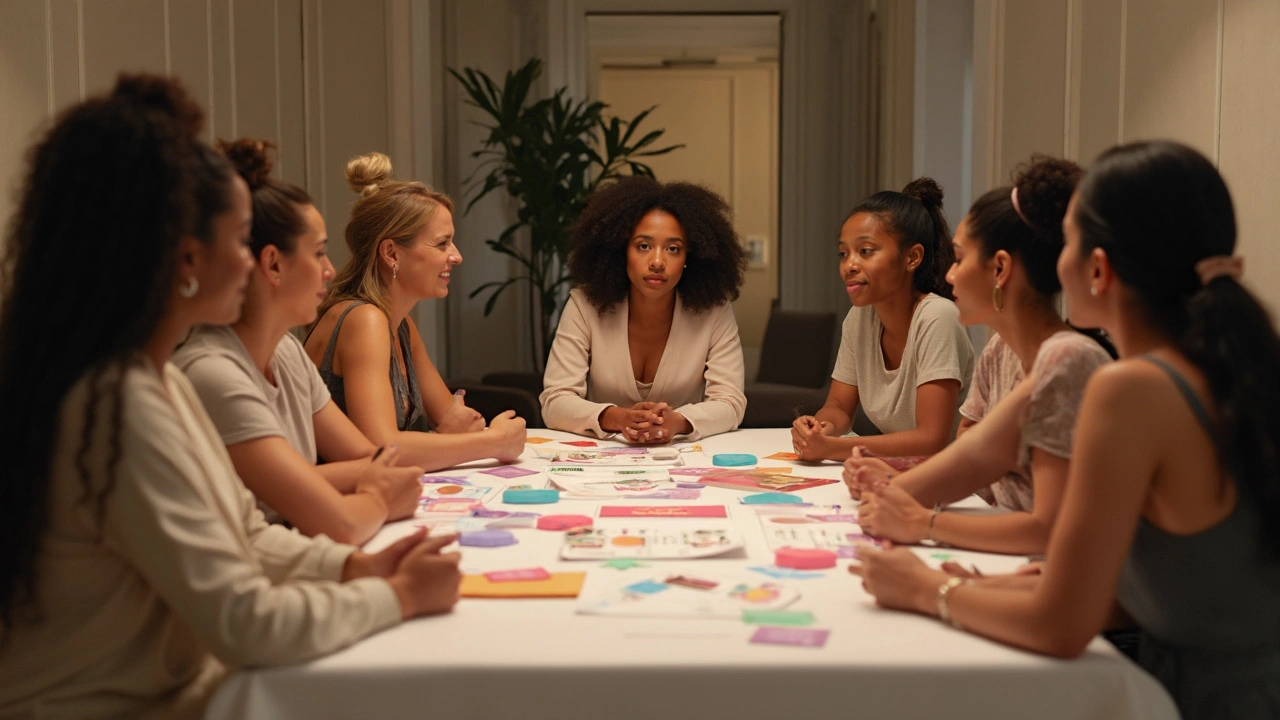Age and Fertility: What Happens When You Get Older
Wondering if your age is making it harder to conceive? You’re not alone. Both men and women see changes in hormone levels, egg or sperm quality, and overall health as the years add up. The good news is that knowing what’s going on lets you take steps to keep your chances strong.
Female Fertility: The Clock Ticks Faster Than You Think
Women are born with a set number of eggs, and that number drops dramatically after the mid‑20s. By the time you hit 35, the quality of the remaining eggs starts to dip, which can mean longer time to get pregnant or a higher chance of miscarriage. Irregular periods, heavier flow, or lighter flow can all be signs that your body is shifting.
But age isn’t the only factor. Lifestyle choices matter too. Eating a balanced diet rich in whole grains, fruits, and leafy greens can support hormone balance. Some people find that supplements like kudzu or chicory root help with cravings and gut health, which indirectly supports fertility.
Male Fertility: Not Just a Women’s Issue
Guys, your sperm count and motility also decline with age, usually after 40. The drop isn’t as steep as in women, but it can affect pregnancy rates. Smoking, heavy drinking, and high stress all speed up the decline.
Simple moves can help: keep a healthy weight, stay active, and limit alcohol. Adding antioxidant‑rich foods—think berries, nuts, and even a modest dose of inulin fiber from chicory—can protect sperm from damage.
When you combine these habits with regular check‑ups, you give your body the best shot at staying fertile longer.
Now, let’s talk practical steps you can start today.
First, track your cycle. Apps or a simple calendar can show patterns you might miss otherwise. Second, talk to a doctor before you start any new supplement. Even natural products can interact with meds, especially if you’re already taking something for blood pressure or thyroid issues.
Third, think about timing. Having sex every two to three days around ovulation boosts the odds without turning intimacy into a schedule.
Finally, manage stress. Short walks, meditation, or a hobby can keep cortisol low, which in turn helps hormone balance for both partners.
Bottom line: Age does affect fertility, but you’re not powerless. By understanding the changes, eating right, staying active, and staying informed, you can keep your reproductive health on track well into your 30s and beyond.

